Navigating a Lifelong Journey of Grief – and Finding Meaning in Loss
May 28, 2023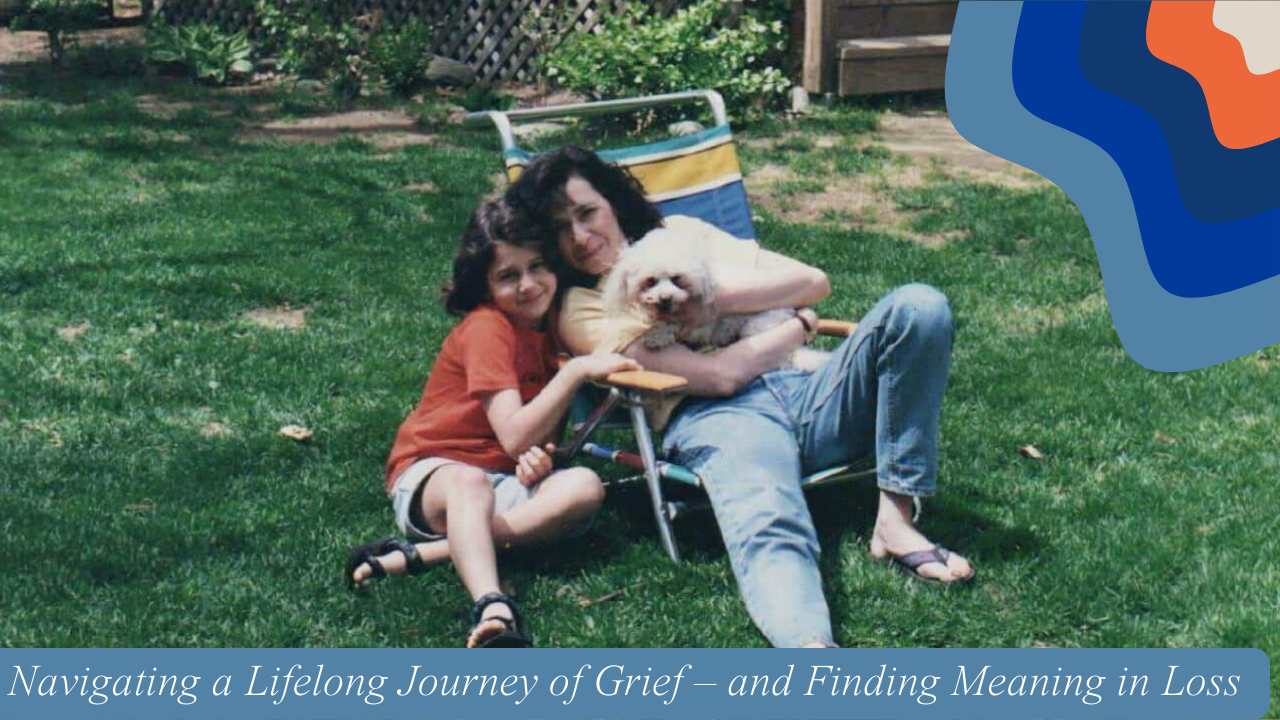
We're excited to share the powerful words of grief specialist, educator, and advocate Julia Morin AKA @girl_meets_grief.
“Death. Wow. So f-ing hard to bear, when the few people you cannot live without die. You will never get over these losses, and are not supposed to…the person will live fully again in your heart, at some point, and make you smile at the MOST inappropriate times. But their absence will also be a lifelong nightmare of homesickness for you.” -Anne Lamott
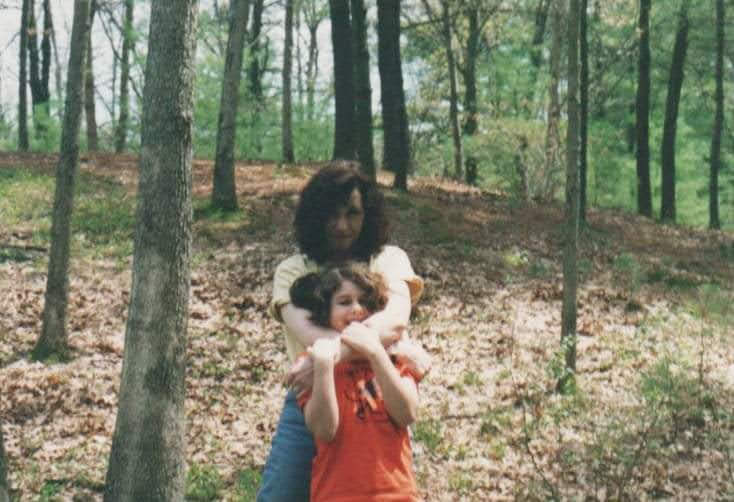
I became intimately acquainted with grief much younger than I would have liked. Or rather, I managed to shirk the grieving process by virtue of having experienced a profound, immensely impactful loss–the jarringly sudden, unexpected death of my mother six days after Mother’s Day–at an age where I was too young to process the magnitude of what I had lost.
It was a temporary reprieve that eventually culminated in me sitting across from a therapist (not the first I had seen, by any means) in my late 20s, buckling under the weight of so many years of unresolved trauma that until then, I didn’t even recognize as trauma. As it turns out, watching your mom being loaded into an ambulance in your driveway as a child and never seeing her again has a lasting impact on your psyche and all aspects of your development. With the validation of my therapist at the time, I came to understand myself as not inherently broken, but in a perpetual state of healing. And I came to realize that healing does not have a past tense–it is not a destination or an endpoint we arrive at, but rather a lifelong journey. There is no state of nirvana where we are fully healed, and I am highly suspicious of anyone who tells me otherwise.
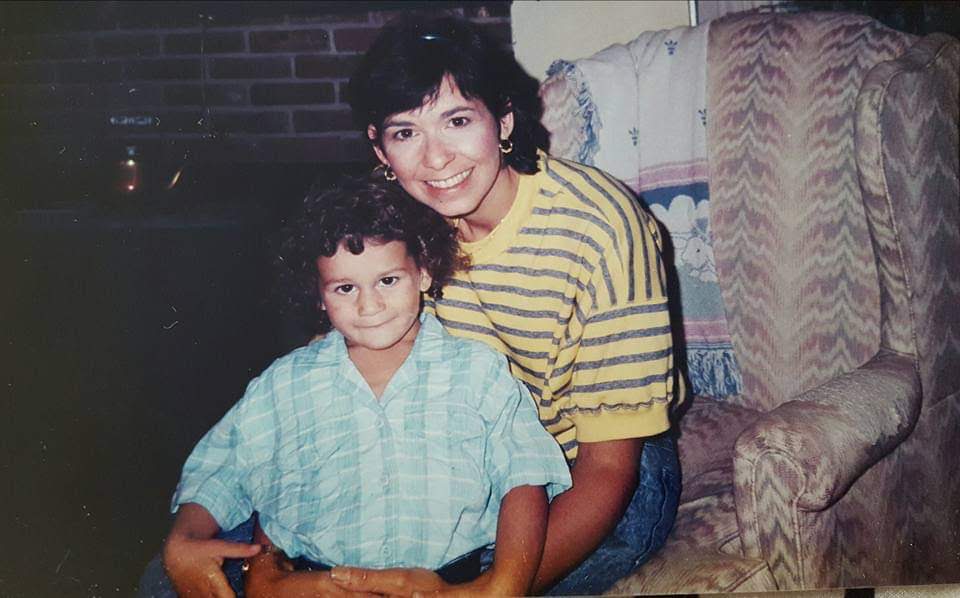
Our mothers are, quite literally, our first homes. So it should come as no surprise that it is incredibly disorienting when we lose them (especially in childhood, when they are still such a central and crucial part of our lives and our identities). They are our everything, our safe haven, our compass. And then suddenly…they are gone. There is something undeniably heart-wrenching about the person who gave you life losing their own.
Today, at age 36, I’m keenly aware that I am still on an endless quest to learn how to mother the parts of me that missed out on so much nurturance I should have had as a child and throughout my entire life. My mom was one of a kind in so many ways, and I just barely got to know her. That will never feel fair, but it’s the hand I was dealt. Losing my mom as a child–at an age where I barely understood death as a concept and was still very much developing emotionally, cognitively and socially–meant that it took many years for me to fully comprehend the gravity and permanence of the loss. Delayed grieving and processing is normal and common in these instances, and many adults find themselves experiencing intense waves of grief many years after the loss event occurred. I remember thinking I was somehow deficient at healing or had done something wrong because I was “still” struggling with my mom’s death in my 20s and 30s. What I came to learn, though, was that in many ways, I was grieving her for the first time as an adult woman who was grappling with the enormity of what I had lost as a child. That eight-year-old girl who needed her mom was trapped somewhere inside of me. And I like to think every time I heal out loud–through writing, my Instagram community, podcast interviews, or just talking about my mom and her death–I set a piece of that little version of me free.
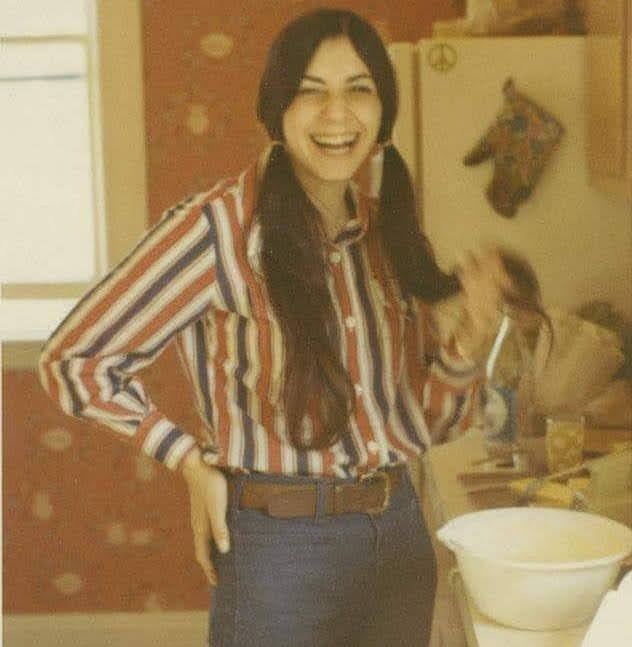
David Kessler–who I trained with in his Grief Educator certification program–often refers to “finding meaning” in grief (it’s also the title of his most recent book). For many, this seems like an impossible concept–what could the meaning possibly be in the tragic loss of someone we love? But as he explains it, the meaning is not in the death or the grief itself–it is in us, and what we choose to do after the loss; how we choose to navigate our subsequent grief.
“Your loss is not a test, a lesson, something to handle, a gift, or a blessing,” David writes in his latest book. “Loss is simply what happens to you in life. Meaning is what you make happen.”
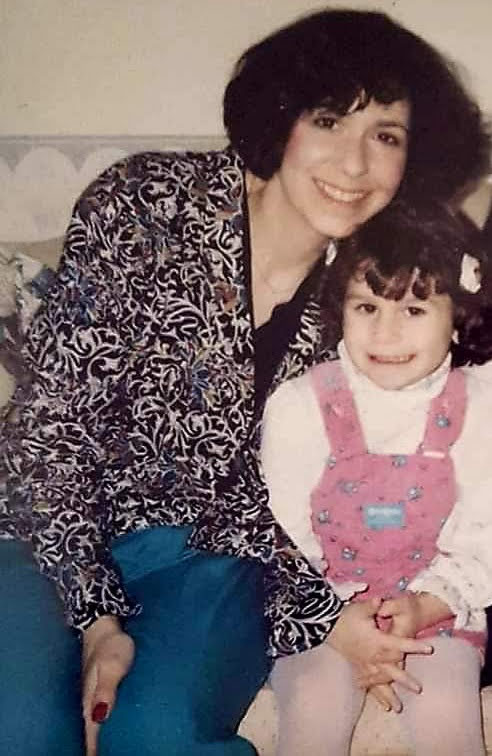
For some, this may look like starting a foundation or nonprofit organization in honor of their loved one. For others, it might mean writing a book about their grief journey (a personal goal of mine, especially as a lifelong writer), or launching and building an Instagram community centered around grief support and education–as I decided to do two years ago over Mother’s Day weekend when I was missing my mom, feeling isolated and desperate for connection. I have been able to find some semblance of meaning in my mom’s death through my writing, through connecting with and supporting others on their own grief journeys via my Instagram content, and by striving to embody her kindness, joy and laughter in my own life. These are all ways that I can keep her spirit and her legacy of love alive.
I know the depth and vastness of grief because I knew the depth and vastness of my mother’s love–although she was a fleeting spark of light that burned out too soon; a shooting star that illuminated the darkness and then quickly disappeared. She will always be my mom and I will always be her daughter, regardless of how long she was here or how long she has been gone.
Loss lives deep in my bones. But so does love.
If you'd like to hear more from and connect with Julia Morin:
Follow her on Instagram @Girl_Meets_Grief
You can find her published writing and podcast interviews here: linktr.ee/girl_meets_grief
Join the Grieve Leave movement
Share your info to join our Grieve Leave community. You don’t want to miss anything!


